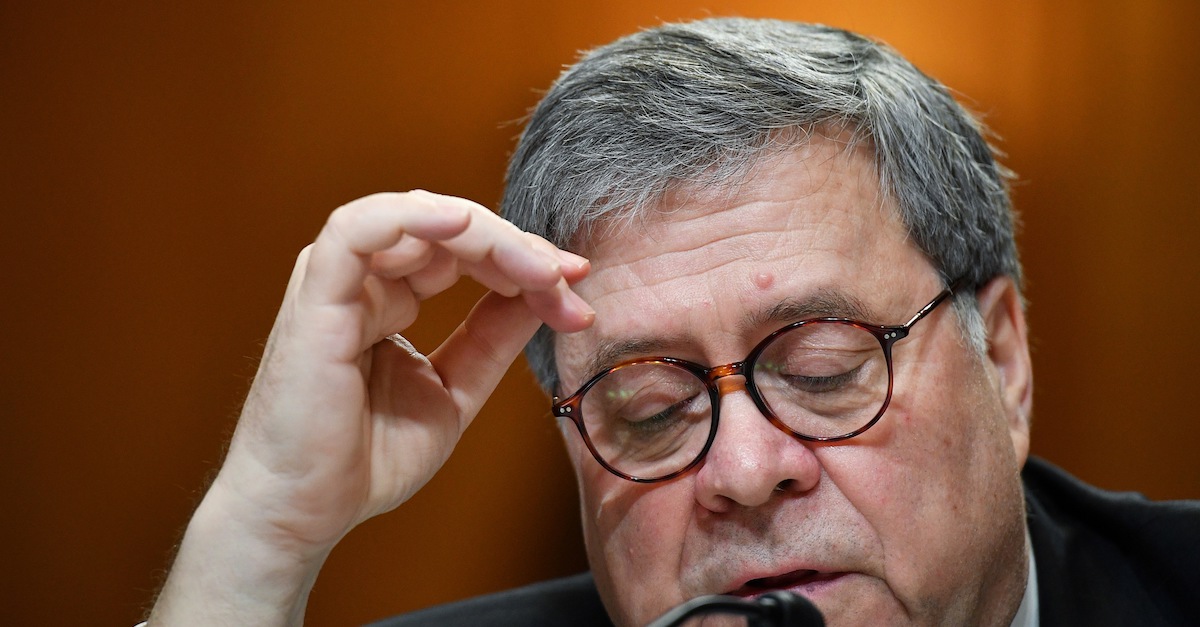
The Court of Appeals for the D.C. Circuit is having none of President Donald Trump’s preposterous argument that his financial records are purely personal. After the president’s personal attorney, William Consovoy, appeared before the court Friday to argue about congressional subpoenas, a three-judge panel is sending some not-so-subtle hints Trump’s way.
The case is the continuing battle between House Oversight and Reform Committee and Trump over documents sought from Trump accounting firm Mazars USA. During Friday’s hearing, Judge Neomi Rao– a Trump appointee – foreshadowed the court’s later order with a pointed question, asking:
“If the arguments here are really about the office of the presidency, why is the Department of Justice not participating?”
At the time, Trump’s attorney had no explanation for the DOJ’s absence, but told judges that since Trump’s private records were at issue, personal lawyers should be involved in the case.
DC Circuit wants to hear from DOJ in Mazars subpoena case pic.twitter.com/UfdGXhlgmQ
— Mike Scarcella (@MikeScarcella) July 15, 2019
The D.C. Circuit, though, does not appear to relish the idea of moving forward without some serious input from the DOJ. The court issued an order on its own motion that, “the Department of Justice be invited to file a brief amicus curiae, not to exceed 5,200 words,” by August 5. Generally, motions are made by one side or another, but occasionally a court does something “on its own motion” (sua sponte).
Now’s a good time to point out that the DOJ needed no such engraved judicial invitation to file an amicus brief if it wanted to do so. Amicus (or “friend of the court”) briefs are vehicles whereby non-parties to litigation can express their views; typically, amicus briefs are accepted by courts in matters of wide public interest, and a submission requires advance permission by the court.
If the party looking to file an amicus brief, however, actually is the U.S. government, the rules are different. When the DOJ wants to get its opinion on the record, it’s welcome to do so, and neither the parties nor the court need to consent. That being the rule, Monday’s order by the D.C. Circuit seems little more than a pointed message to the Trump Administration: all of this is about your official capacity as president.
Remember, this appeal stems from a case in which the District Court ruled:
It is simply not fathomable that a Constitution that grants Congress the power to remove a president for reasons including criminal behavior would deny Congress the power to investigate him for unlawful conduct — past or present — even without formally opening an impeachment inquiry.
Trump hasn’t been doing so well in court lately when the issue is whether his actions are “public” or “private,” and something tells me the DOJ isn’t in much of a position to help.
[Image via Mandel Ngan/AFP/Getty Images]
This is an opinion piece. The views expressed in this article are those of just the author.